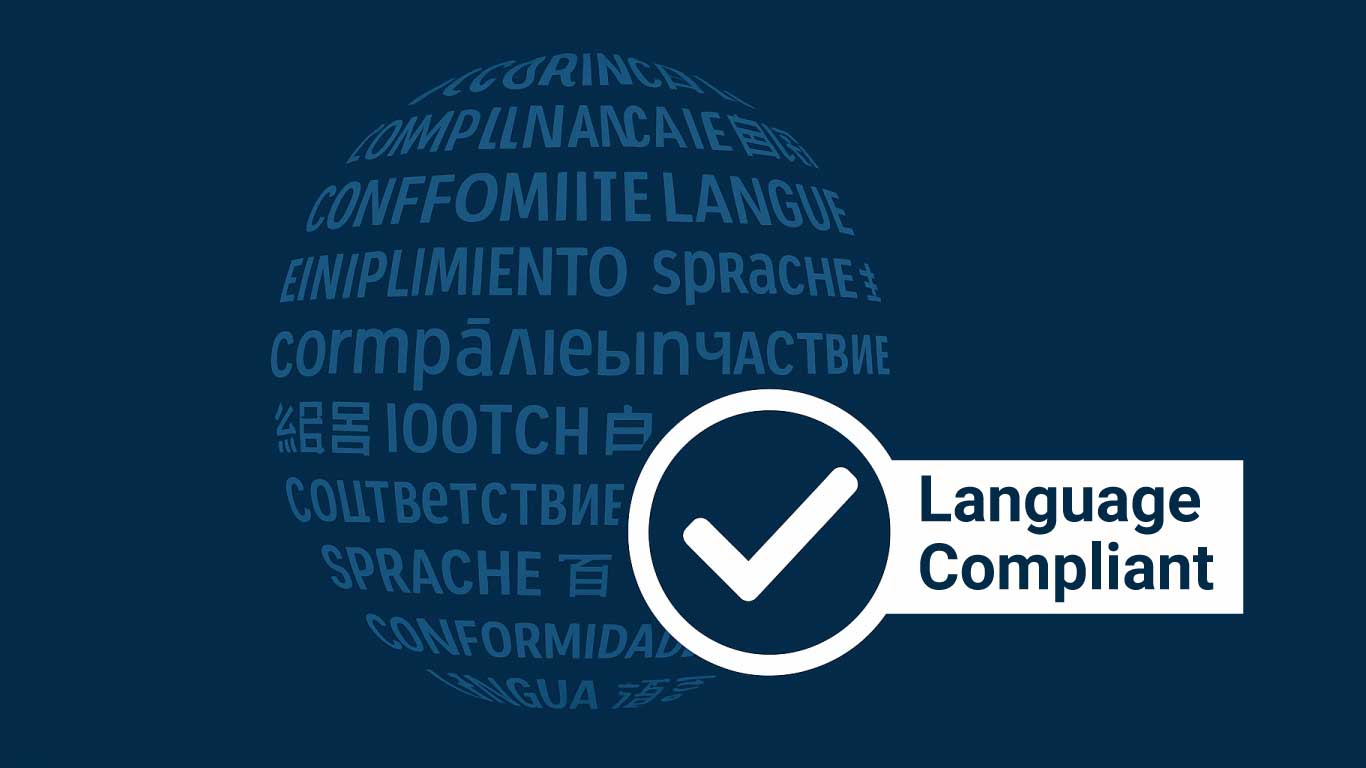Microsoft Search’s Disappearing Act
If you think that Microsoft Search in SharePoint and other M365 products isn't as good as it used to be, you could be right. Microsoft has been quietly disabling search features in the past couple of years. If you monitor Message Center and Roadmap announcements for these feature deprecations, they're not always there.
A variety of small and big features have disappeared over the past few years. Sometimes they're replaced with a rough equivalent, but more often they're dropped with a vague intention that you should adopt Copilot and if the feature isn't there in Copilot then you don't need it. But as we've discussed before, Copilot isn't a replacement for search. Search is systematic and predictable, Copilot is not.
Three or four weeks ago, classic eDiscovery features in Purview were retired, including all of their search functionality. This has been replaced with a new content search feature in the new Purview portal. At the time it didn't have all the search functionality that the old one did, but thankfully I notice that most of the missing features are in the roadmap.
The retirement of Delve in December 2024was announced clearly. Delve had some very nice search functionality, including some good people search, but similar functionality, arguably better, was available elsewhere. Finding your own documents and other content, however, while still possible is not nearly as easy.
Another announced change was when Microsoft Search in Bing was retired in March 2025. Your search history was wiped out at the same time. It used to be possible to find a work or school tab in Bing and use the familiar interface to search from one place. In theory those that used it can find the same functionality at M365.cloud.microsoft , the M365 Copilot portal. But it's not the same, and it doesn't give quite the same results. Some of the linguistic processing that Bing provided is gone, as are some of the features. It tries to use AI search rather than keyword search, so despite the different linguistic processing it can miss relevant documents and add irrelevant ones.
If you never searched your tenant with Bing you might think that this doesn't affect you, but somewhere in that announcement was the retirement of Recommended bookmarks on the same day in March 2025. This affects all of Microsoft Search.
As background, Query Rules with promoted results were deprecated in SharePoint Online in 2021 in favor of bookmarks and Q&A answers. There are (were) three types of bookmarks in Microsoft Search.
• Pre-published Bookmarks: These are out-of-the-box bookmarks that are available by default in Microsoft Search, similar to the promoted results from SharePoint Search.
• Recommended Bookmarks: The system automatically generates these based on links that have been frequently clicked by users in the organization over the last 30 days. They can be published automatically or held for manual review by an administrator.
• Editorial Bookmarks: Administrators can create these by providing a title, URL, description, and keywords to promote specific internal or public websites, modern pages, or even vacation policies and holiday schedules.
As part of the announcement retiring the Bing feature was this section that affects all of SharePoint Search:
"Editorial bookmarks (bookmarks that an IT admin has curated) continue to work on the other Microsoft Search entry points. These entry points include M365.cloud.microsoft, SharePoint Online, and the Edge for Business address bar.
Microsoft Search no longer recommends bookmarks based on an organization's SharePoint links.
Some organizations set their recommended bookmarks to automatically publish. Automatically published bookmarks, which currently only appear in Microsoft Search in Bing, are no longer visible after March 31. If your organization automatically publishes recommended bookmarks, and you'd like those bookmarks to be visible on other Microsoft Search entry points, you must manually publish them before April 30, 2025. This date is intended to give you a little extra time after the March 31 retirement of Microsoft Search in Bing. You can also export your recommended bookmarks by April 30 if you want to keep them, but don't want to publish them."
In addition, many Microsoft Search answer types, the ones that replaced promoted results in 2021, disappeared at the same time, including floor plans, Q&As and location answers. That's basically all of them.
So there's a feature that's gone with nothing to replace it. I've noticed a few such things in recent years, and I'm sure I have missed a lot, some of them are retired below the radar.
Company name extraction, the feature that mapped company names in text to the Company managed property disappeared in 2019. I don't know if any other such index-time mappings are also gone. There are some alternatives, but they use AI to add the It's metadata that you can then map to a managed property. It's overkill but also too much extra work and expense to do something that used to be free and automatic.
OpenSearch and Remote SharePoint protocol Results Source options disappeared in September 2024. Before that, custom default result sources were dropped. Again, you can probably create a custom solution to replace it but that's a lot of work.
Viva Topics was retired in February 2025. It was handy for search and it was AI-based, but it wasn't Copilot.
The 2021 retirement of some query rules, mentioned above, was part of a long list of SharePoint Search features that were disabled in 2021. Several other classic features have been dropped since then, including the Dynamic Ordering feature.
One of the biggest losses for Microsoft Search, in my opinion, is the retirement of natural language search in 2024.
It used to be possible for Microsoft Search to be able to interpret certain natural language queries like "Documents about budget", or "Files shared by Deepika" or to create a fileType KQL clause when it's implied in natural language in the query, like "budget spreadsheet", or even answer questions about people without having to figure out the proper metadata field. Now all that Microsoft Search understands is keyword searches, where there is an implied AND between every word. For instance if you put in the query "Where is Yvonne based?", you used to get an answer using simple natural language understanding of the question based on people search and the nearest Yvonne in the org chart, but now you get a list of documents that contains all of the words "where", "is", "Yvonne", and "based" in the searchable text fields. You might think that you can use Copilot to do this, but Copilot is not great with metadata, so it's going to be hit or miss.
Microsoft is clearly aware of Copilot’s weaknesses when it comes to using metadata. It’s not good but they're working on it, one piece of metadata at a time.
Have you noticed bits of search functionality disappear, functionality that Copliot does not fully replace?



